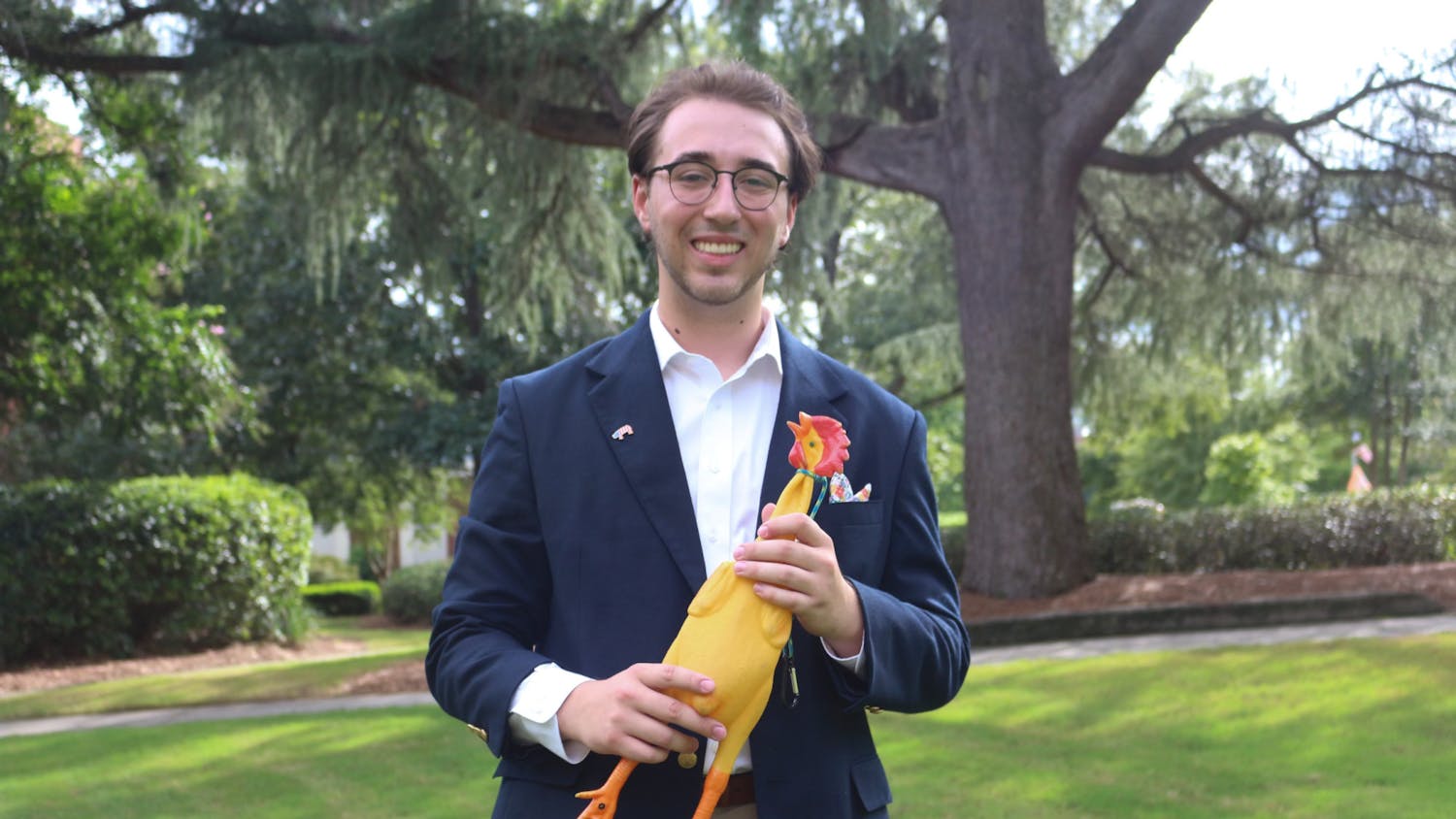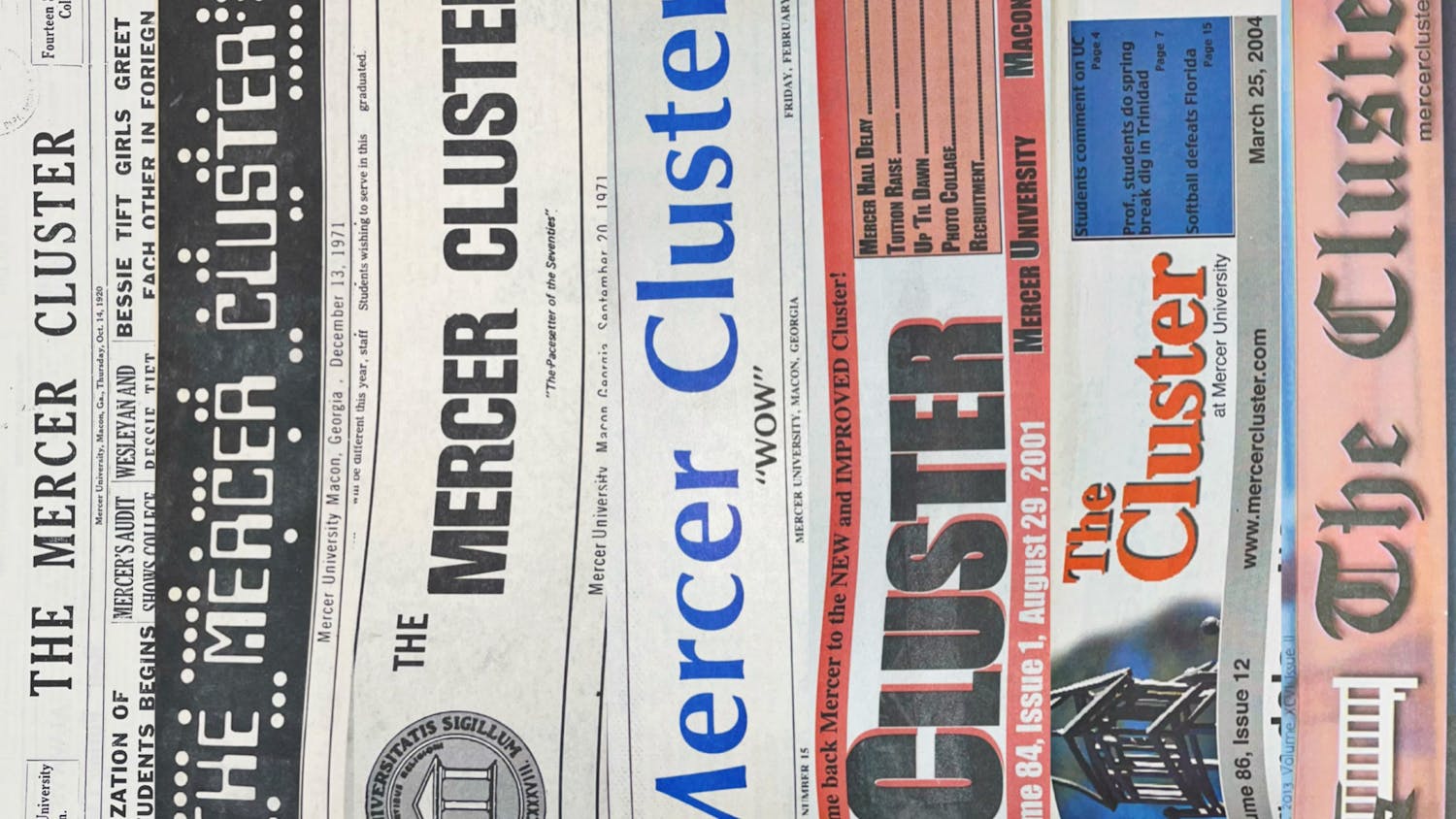Over 150 people in the United States have contracted the measles since the start of 2015. 2014 saw nearly 650. When the medical community declared victory over the measles as an endemic disease in 2000, it didn’t foresee a social movement unraveling the decades of work just 15 years later.
Vaccination is mandatory across the U.S., but all but two states allow for religious exemptions. Many of those even allow for vaccine exemptions based simply on philosophical or personal beliefs. California, the epicenter of the latest measles outbreak, is one of the latter.
The growing anti-vaccination movement stems from a laundry list of misconceptions about the safety and effectiveness of vaccines. Chief among them is the fear that they can cause autism, an idea that has managed to stick around long after the paper making the claim was debunked. In fact, the 1998 study was even deemed fraudulent, and its author, Andrew Wakefield, lost his medical license over the ordeal.
Here’s the deal: study after study since then has failed to find any link between vaccines and autism — so many to the point that the Institute of Medicine suggested the money being spent on such research be used elsewhere after reviewing a dozen separate (legitimate) papers on the topic.
As an aside, as someone with a mild case of Asperger syndrome, itself a mild form of autism, I find the degree to which some people act like the risk of autism being the end of the world somewhat offensive. We’re talking about dying from a preventable illness, and I’m the worst-case scenario? Thanks.
Here’s a few more bits of misinformation that could use some clearing-up while I’m on the topic, courtesy of the Center for Disease Control and Convention:
Vaccines aren’t some mysterious complicated medicine; they’re simply dead or severely-weakened samples of the virus that act like “wanted posters” for the immune system.
Receiving multiple vaccines at once will not “overwhelm” a child’s immune system.
“Spreading out” vaccinations does not provide proper protection and in fact reduces the likelihood of developing proper immunity.
The form of mercury found in some vaccine preservatives is easy for the liver to filter out and exists in tiny, safe amounts.
Immunity from actually catching a disease is more effective long-term but also far more dangerous and is therefore ill-advised.
Keeping a disease in check relies on something epidemiologists call “herd immunity.” The principle is simple: by keeping everyone who can be vaccinated, it reduces the spread of diseases and protects those who cannot be immunized, such as newborns and chemotherapy patients. It also protects the very small handful of people who fail to develop immunity with a vaccine. The problem is that only a small number of people voluntarily refusing to participate in herd immunity compromise the whole system.
Case in point: Mississippi, one of the two states that do not allow religious or philosophical exemptions, reports a nearly 100 percent vaccination rate and had had no cases of measles since the current outbreak. Conversely, communities in Colorado, the state with the lowest vaccination rates, are debating on whether to bar unvaccinated students from attending school, according to a report by a Colorado NBC news partner.
The fact that blocking kids from their education is even necessary in the year 2015 is criminal. The tools to prevent the spread of disease have been widely available for decades not only for measles but also for many other common illnesses such as whooping cough. These diseases aren’t just inconveniences; they can and do kill.
Voluntarily putting oneself, one’s children and one’s neighbors at risk by refusing to vaccinate is nothing short of reckless. Selfish, even. I can understand a lack of knowledge causing concern, but it takes all of five seconds to punch in a Google search and find an abundance of information, FAQs and myth-busting articles from the CDC, World Health Organization and legitimate health info websites.
My personal plea to you, dear reader: educate yourself. Learn the risks and the benefits that far outweigh them. Spread the word to your friends and family, and get immunized. Vaccines are available in all sorts of places: public health centers, pharmacies, doctors’ offices and many school clinics (including Mercer’s own), to name a few.
This measles outbreak is just a warning shot for a larger problem. Everyone needs to work together to prevent some disease that’s even worse from starting a round two.




